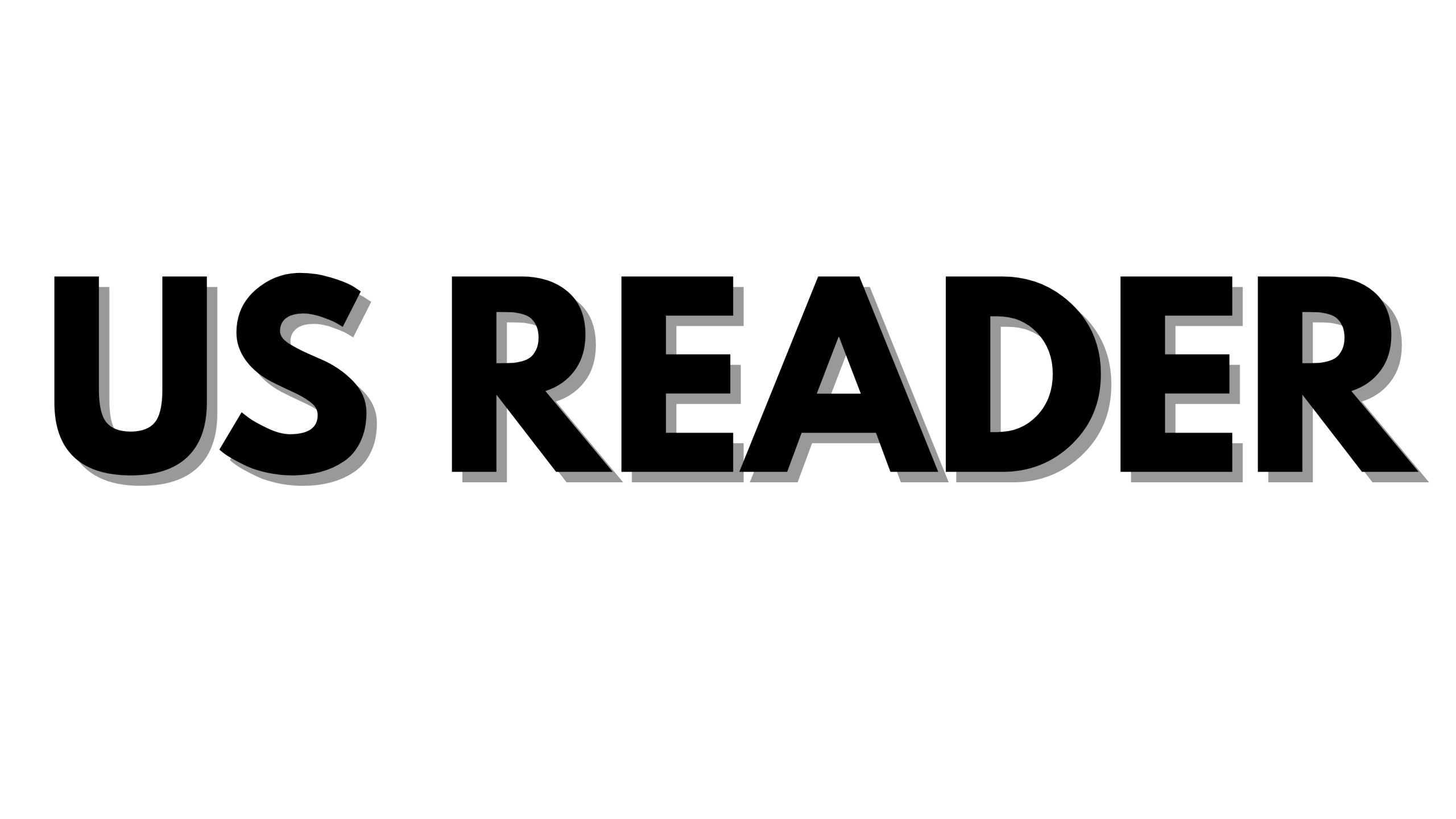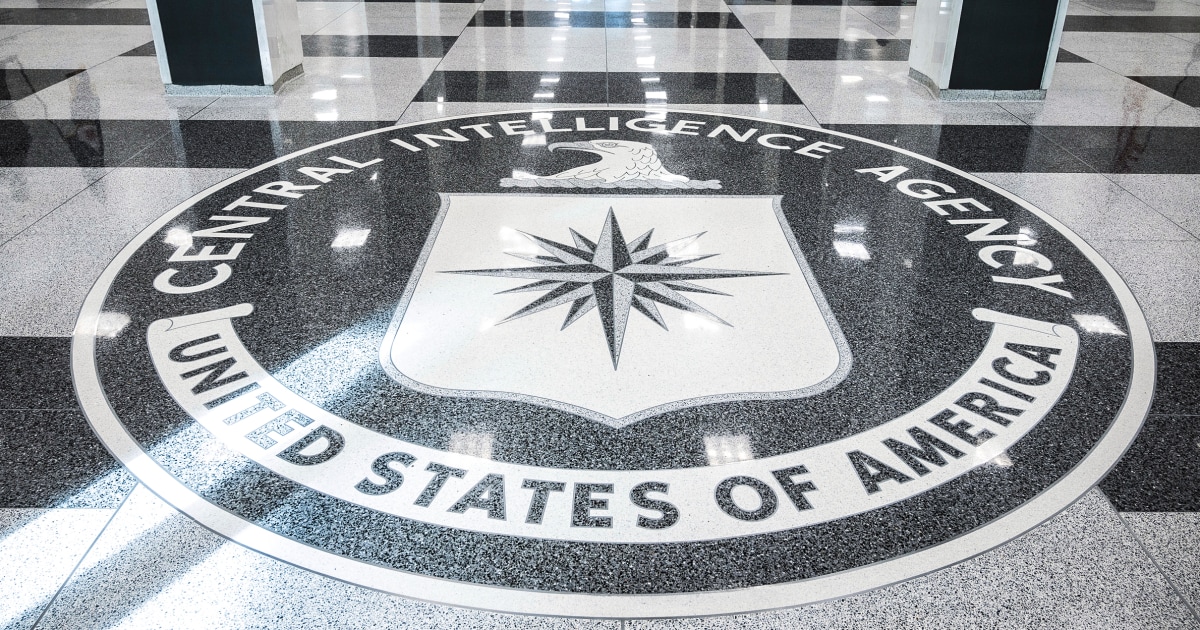An internal review, declassified on Wednesday, revealed that CIA officials sometimes failed to adhere to standard procedures during their analysis of Russian interference in the 2016 election. The report indicated that intelligence officers faced an unusually short timeframe for their work, experienced excessive involvement from senior leaders, and had inconsistent access to crucial intelligence regarding Russia.
Despite these procedural flaws, the review did not dispute the key findings of a 2017 intelligence assessment, which concluded that Russia engaged in an information warfare campaign aimed at undermining public confidence in the electoral process, damaging Hillary Clinton’s reputation, and bolstering Donald Trump’s chances in the election.
“While the overall assessment was deemed defensible, the identified procedural anomalies and tradecraft issues highlight critical lessons for handling controversial or politically charged topics,” noted the review.
Trump and his supporters have consistently rejected reports that Russia utilized misinformation and propaganda to sway the election in his favor. They have accused intelligence agencies of conspiring to connect Trump to Russia and undermining the legitimacy of his 2016 victory.
A special counsel assigned during Trump’s first term investigated the CIA’s assessment but found no criminal conduct or clear evidence of political bias influencing the process. Similarly, a bipartisan Senate Intelligence Committee inquiry in 2020 supported the 2017 findings and expressed no reason to contest its conclusions.
Amidst these controversies, officials in Trump’s second presidential term pledged to enhance transparency in the intelligence community and thwart any efforts to politicize its operations.
CIA Director John Ratcliffe initiated the internal review this year, which was subsequently declassified by the agency. The 2016 intelligence assessment, requested by President Barack Obama after the election, concluded that Russia aimed to undermine trust in the democratic process and disparaged Clinton while seeking to aid Trump’s electoral success.
According to the review, two senior leaders within the CIA’s Russia mission center expressed concerns about including the interpretation that Russia intended to support Trump’s victory, arguing it was primarily substantiated by a singular intelligence report, whereas other conclusions had broader corroboration.
The document also highlighted the rush under which the 2016 assessment was produced, noting that contributors had merely “less than a week to draft the assessment” and “less than two days to formally coordinate it” with fellow intelligence personnel. Multiple officers reportedly felt “jammed” by the tight deadlines.
The review criticized the unusual degree of involvement from top CIA leaders in the assessment, stating it deviated significantly from normal practice, which usually includes extensive input from the Defense Intelligence Agency and the State Department’s Bureau of Intelligence and Research—both of which were left out of this analysis.
Additionally, several authors of the assessment, as well as other CIA officials, opposed referencing the Trump dossier, compiled by former British intelligence officer Christopher Steele, due to its unverified claims regarding Trump’s potential collusion with Russia. Ultimately, a summary of the dossier was included in an annex but was accompanied by a disclaimer clarifying its non-involvement in the analytical conclusions of the assessment.
The review acknowledged strengths within the 2016 assessment, highlighting its “robust” tradecraft and comprehensive sourcing while indicating no signs of systemic issues. John Brennan, the CIA director at the time of the assessment, confirmed to NBC News that he was aware of the review but had not yet read it.
Read More News here: Los Angeles Reporter | Medical Herald












